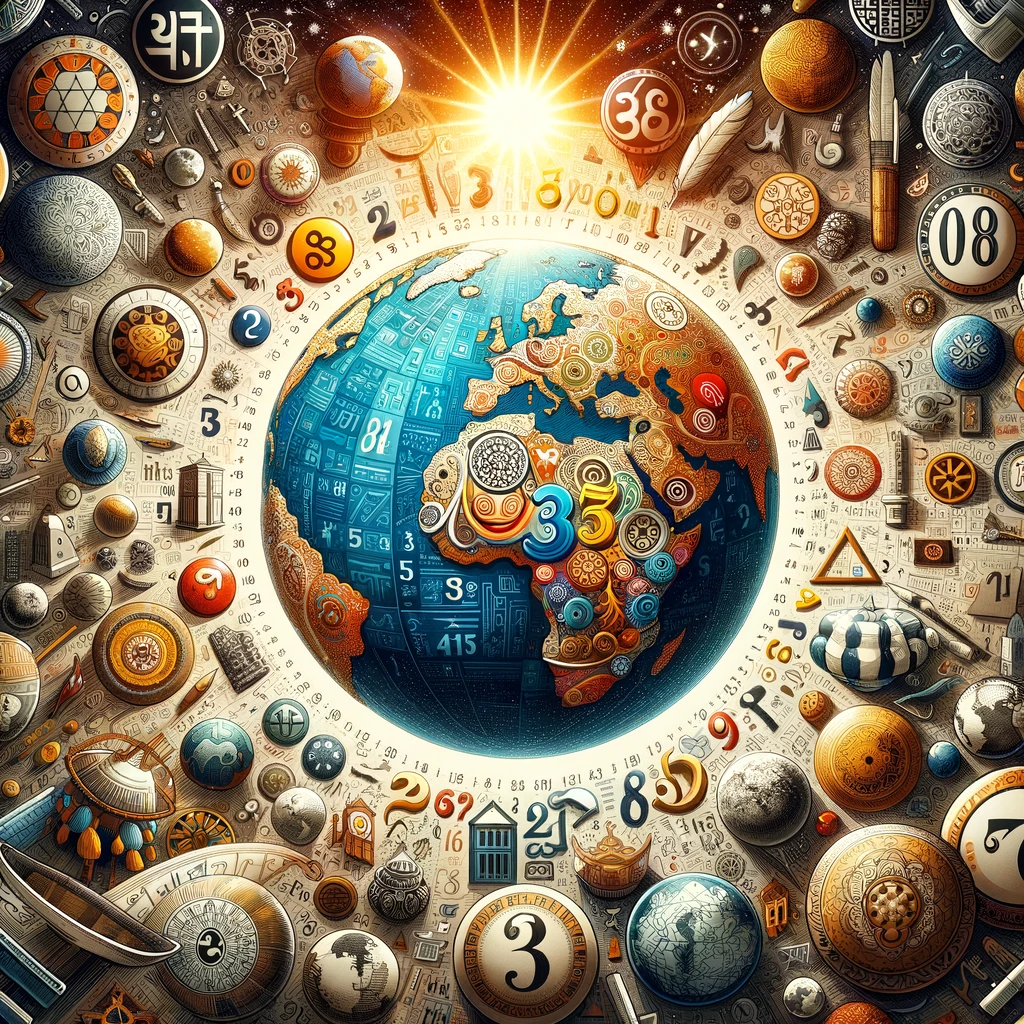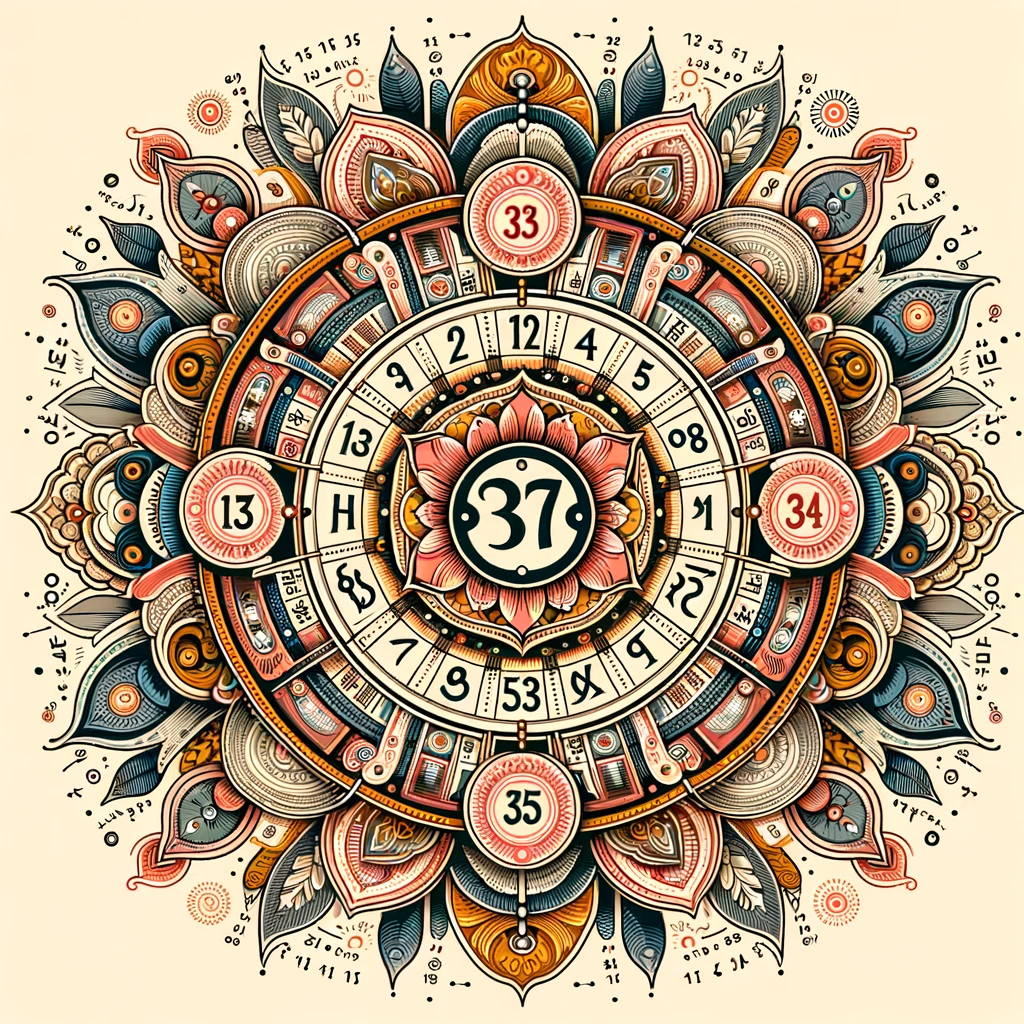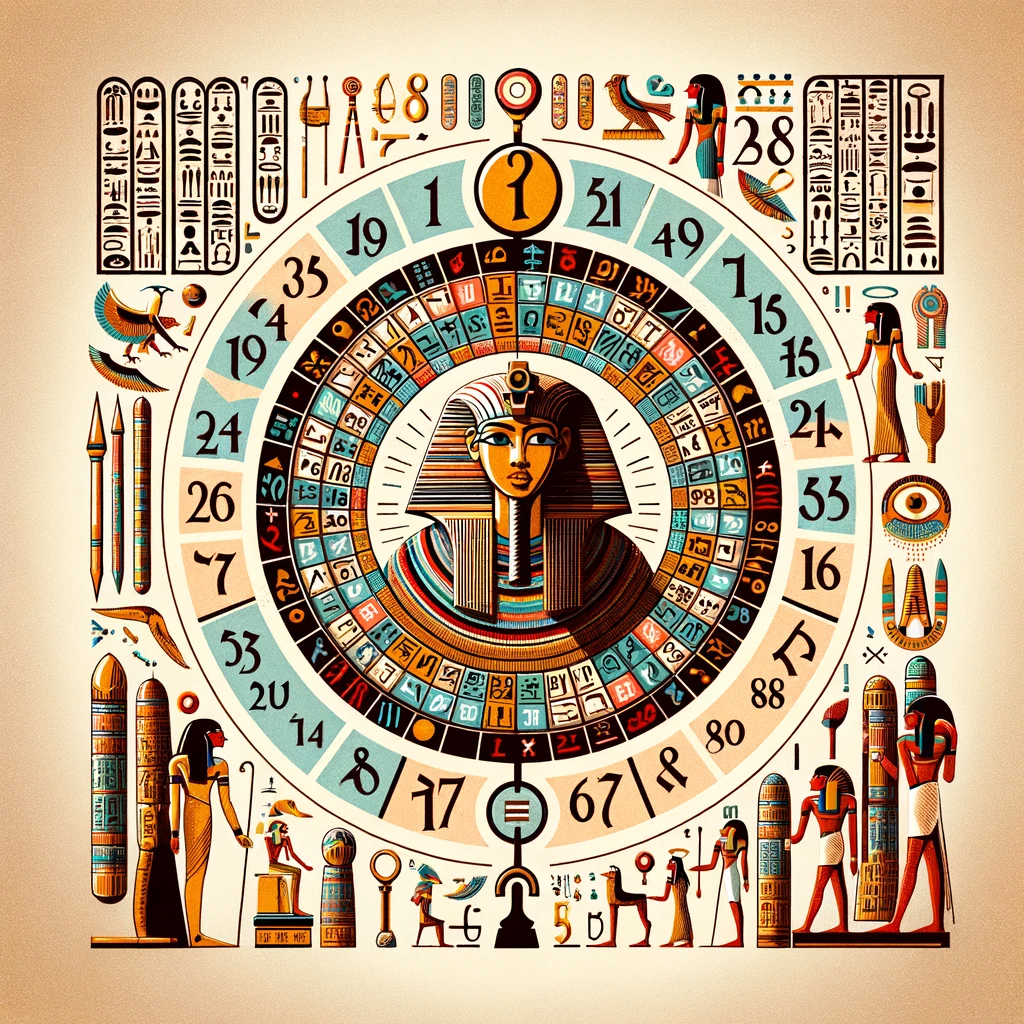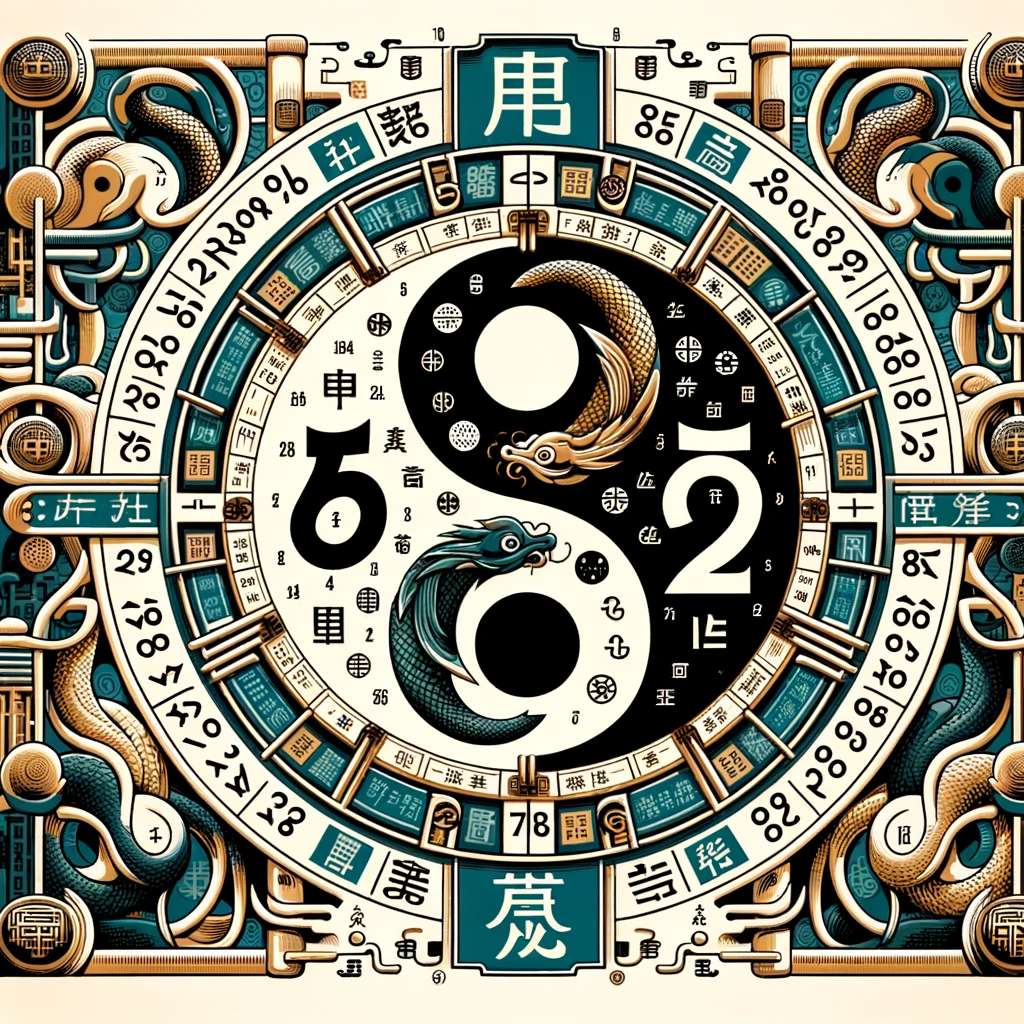Numerology in History and Culture: A Worldwide Perspective

For thousands of years, numerology has held significance in societies across the globe. Though each culture has its own unique system, the use of numbers to reveal hidden truths about life connects numerology throughout history. Exploring its varied cultural forms allows us to better understand and benefit from this mystical art today.
Numerology’s Diverse Origins
The origins of numerology are ancient and span civilizations:
Babylonian: Some of the earliest records of numerology date back to ancient Babylonia around 2000 BCE. Their system drew meaning from numbers 0 to 60.
Hebrew: Hebrew mysticism (Kabbalah) incorporated numerology over 2,000 years ago. Hebrew letters were assigned values which revealed deeper truths.
Greek: Pythagoras, the Greek philosopher and mathematician, founded modern Western numerology in 500 BCE. He analyzed how numbers reflect energies of the material world.
Chinese: In China, numbers and calculations have been used since the Ming Dynasty around 900 CE to choose auspicious dates, names, and Feng Shui layouts.
Hindu: India’s Vedic texts from around 600 BCE expounded on the cosmic significance of numbers and their influence on destinies.
These diverse cultures laid the early foundation for numerology as we know it today. While approaches vary, they share the understanding of numbers as vibrational codes aligned with our reality.

Numerology Through the Ages and Around the Globe
Let’s explore how numerology has culturally transformed over different time periods and continents:
Ancient Civilizations
In ancient societies like Egypt, Sumeria, China and the Mayans, numbers carried divine and prophetic power. Elaborate systems were developed to codify the energetic signatures and mystical properties of numbers.
Middle Ages
As early religious dogmatism gained influence in Europe, numerology was suppressed along with astrology and other occult arts. However, it continued evolving secretly and through symbolism built into architecture.
Renaissance Period
During the 15th-17th century European Renaissance, interest in numerology resurged along with esoteric sciences and Gnostic spiritual traditions. The desire to decode numbers was revived.
Early 20th Century
The Victorian era reignited mainstream fascination with numerology. Influential books like Sepharial’s work on Kabbalah numerology increased popularity in Europe and America during the early 1900s.
Today
In modern times, numerology is globally practiced as people continue seeking deeper self-knowledge and navigate uncertainty. The New Age movement has propelled Western numerology, with new schools and forms emerging.

Eastern vs. Western Culture
Eastern civilizations like India and China historically integrate numerology more fluidly into society for insight on major life decisions. In contrast, Western culture has viewed it more skeptically but growing interest is changing perspectives.
Africa
Numerology holds an important role in many African cultures. The Igbo people of Nigeria, for example, have an oral tradition using numbers and names to chart lifepaths. African slaves carried these mystical traditions to America.
South America
The mathematical brilliance of ancient Mayan and Aztec cultures seeded numerology in Central and South America. Contemporary forms like the Mayan Calendar continue to be used for divination today.
Across most continents, indigenous people have incorporated numbers into their cosmological belief systems, demonstrating the universal appeal of numerology.
Benefits of Understanding Numerology’s Cultural History
Here are some of the key benefits of studying numerology’s global roots:
- Reveals it is not a fleeting trend but an enduring mystical science.
- Deepens understanding of how numbers bridge spirituality and material reality.
- Allows integration of diverse cultural approaches beyond Western perspectives.
- Helps distinguish numerology wisdom from superstition.
- Grounds us in the universality of numbers’ energetic power.
- Lets us honor the ancient origins while innovating new applications.
By exploring numerology’s vast cultural history, we rediscover this eternal art with fresh eyes and an open mind to apply its timeless wisdom to modern life.

FAQ about Numerology’s Global History
Which culture founded numerology?
There is no single founder. Ancient cultures like Babylon, China, Egypt, Greece, and India developed early numerology systems independently due to numbers’ universal mystical properties.
Is Western numerology different from Eastern?
There are some variations in techniques but many core principles align like Life Path and Destiny numbers. Both see numbers as reflecting inner/outer realities. Blending perspectives gives a fuller understanding.
Does numerology conflict with or complement religion?
Numerology can enrich religious faith by revealing the mystical side of numbers referenced in sacred texts. But rigid dogma may oppose it. Discernment allows its careful incorporation.
Is numerology truly ancient or is its history exaggerated?
While elaborate modern forms evolved recently, the mystical study of numbers traced to at least 2000 BCE. Concrete records plus repetitive mathematical patterns in ancient cultures confirm humanity’s longstanding connection to numbers.
Can I practice numerology if it doesn’t originate in my culture?
Absolutely. Numerology belongs to humanity. Respect its roots but approach through a lens of cultural appreciation rather than appropriation. Discern how it aligns with your own ancestral traditions.
The phenomenal endurance of numerology across cultures and historical eras underscores its profound significance in human existence. By honoring its global heritage, we expand understanding of this eternal body of spiritual wisdom.

